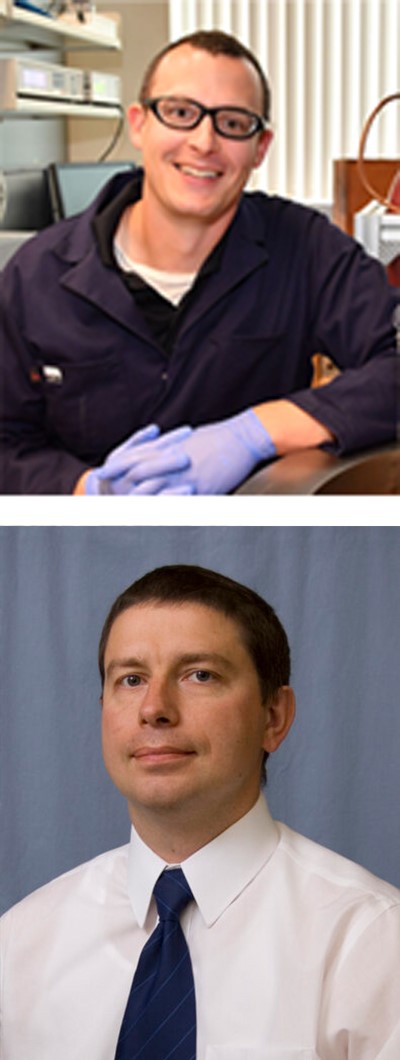CSA Virtual Short CourseCool Fuel – The Science and Engineering of Cryogenic HydrogenInstructed by Dr. Jacob Leachman, Professor, Washington State University and Dr. Konstantin Matveev, Professor, Washington State UniversityJuly 22, 2025 | 10:00AM - 2:00PM Central Time | Virtual Cryogenic hydrogen has emerged as a critical tool in Humanity’s race against climate catastrophe. However, few have access to liquid hydrogen or understand the novel physics occurring in this extremely cold temperature regime. Knowledge of which is key to the hot fields of zero-carbon fuels, quantum computing, high-energy physics, and fusion energy. In this virtual course, Professors Leachman and Matveev will utilize their new textbook, “Cool Fuel: The Science and Engineering of Cryogenic Hydrogen.” Participants will gain a foundational understanding of cryogenic terminology, learn practical design rules for cryogenic systems, and develop computer models for systems. Course Outline: RegistrationFees Click Here to Register!About the Instructors
Konstantin Matveev is a professor in the School of Mechanical and Materials Engineering at Washington State University. He received B.S. and M.S. degrees in Applied Physics from Moscow Institute of Physics and Technology. He obtained a PhD degree in Mechanical Engineering at California Institute of Technology in 2003. His thesis was on thermoacoustic instabilities with applications to propulsion and power systems. As a post-doc, Konstantin investigated nonlinear phenomena in advanced energy systems at Los Alamos National Laboratory. Then, he worked as a Senior Hydrodynamicist for Art Anderson Associates in Bremerton. Konstantin participated in research and development of high-performance marine vehicles, including low-drag air-cavity hulls, fast amphibious platforms, multi-hull ships, and dynamically supported craft. In 2006 Konstantin joined Washington State University, where he established a research group specializing in advanced marine craft and energy conversion systems. He published over 50 journal articles and co-authored a book on small-waterplane-area ships. His research is supported by NSF grants and industry. |


 Jacob W. Leachman is a professor of Mechanical Engineering and the Founding Director of the Hydrogen Properties for Energy Research (HYPER) Center, Washington State University. He received his PhD in Mechanical Engineering from the University of Wisconsin–Madison in 2010, his MS in Mechanical Engineering in 2007, and his BS in Mechanical Engineering in 2005 from the University of Idaho. His research interests include cryogenic hydrogen, thermophysical property modeling and measurement, cryogenic system design, hydrogen fueling of aerospace and medium/heavy-duty vehicles, and fueling fusion energy machines. He is the lead author of the textbooks "Thermodynamic Properties of Cryogenic Fluids 2nd Edition" and "Cool Fuel: The Science and Engineering of Cryogenic Hydrogen." He won the Western Association of Graduate Schools Distinguished Thesis Award in 2007 and the Boom Award from the Cryogenic Society of America in 2019.
Jacob W. Leachman is a professor of Mechanical Engineering and the Founding Director of the Hydrogen Properties for Energy Research (HYPER) Center, Washington State University. He received his PhD in Mechanical Engineering from the University of Wisconsin–Madison in 2010, his MS in Mechanical Engineering in 2007, and his BS in Mechanical Engineering in 2005 from the University of Idaho. His research interests include cryogenic hydrogen, thermophysical property modeling and measurement, cryogenic system design, hydrogen fueling of aerospace and medium/heavy-duty vehicles, and fueling fusion energy machines. He is the lead author of the textbooks "Thermodynamic Properties of Cryogenic Fluids 2nd Edition" and "Cool Fuel: The Science and Engineering of Cryogenic Hydrogen." He won the Western Association of Graduate Schools Distinguished Thesis Award in 2007 and the Boom Award from the Cryogenic Society of America in 2019.